Gets Along with Others
The ability to form positive and healthy relationships with peers and adults. Children with better abilities to regulate their emotions and behaviours have more friends and experience more positive playtime with their peers.
Getting along with others and being able to form satisfying relationships with peers and adults is at the centre of emotional and physical well-being. Friendships provide opportunities for children and youth to master social skills, increase learning and establish positive behaviour. Learning the skills and competencies needed in order to develop and maintain successful relationships is a process that starts in infancy with the first critical relationship - the relationship between the caregiver(s) and the infant and then continues through development with adults supporting increasingly complex social interactions that children and youth encounter in their various environments.
A healthy caregiver-child relationship forms the template for future peer relations and friendships; however, while friendships take on an increasingly important role in late childhood and adolescence, they do not act as a substitute for caregiver-child attachments. Both healthy connections to peers and adults are necessary for child and youth development.
105 Resources
-
- Secure and Calm
- Gets Along with Others
- Alert and Engaged
- Compassionate and Kind
- Solves Problems Peacefully
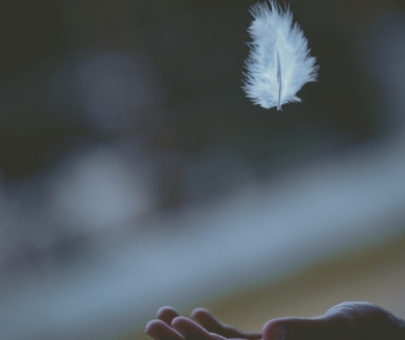
Supporting Teens with a Trauma-Informed Approach
-
- Secure and Calm
- Gets Along with Others
- Alert and Engaged
- Compassionate and Kind
- Solves Problems Peacefully
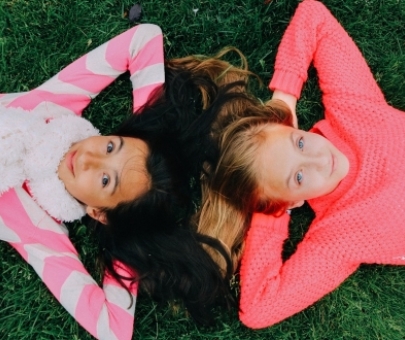
7 Activities for Friendship in Challenging Times
-
- Secure and Calm
- Gets Along with Others
- Alert and Engaged
- Compassionate and Kind
- Solves Problems Peacefully
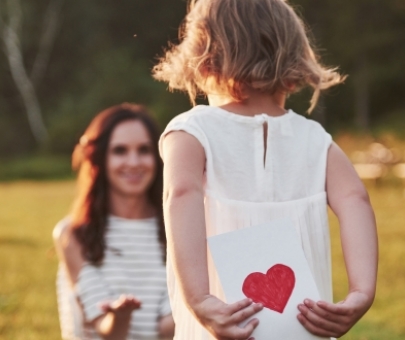
Sharing Good News Strengthens Relationships
-
- Secure and Calm
- Gets Along with Others
- Alert and Engaged
- Compassionate and Kind
- Solves Problems Peacefully
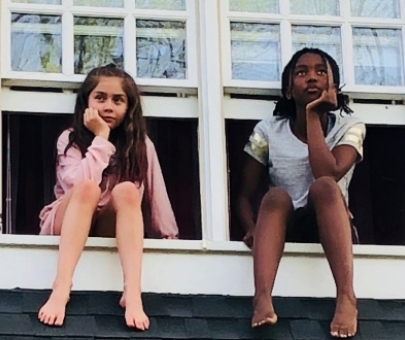
3 SEL Strategies to Transform Home Learning
-
- Secure and Calm
- Gets Along with Others
- Alert and Engaged
- Compassionate and Kind
- Solves Problems Peacefully
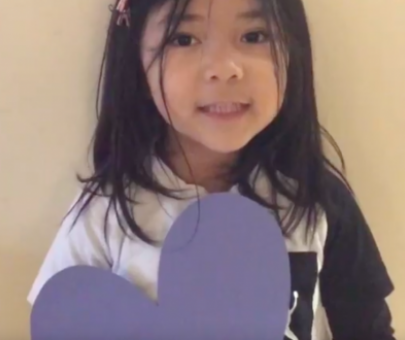
What Colour is Your Heart?
-
- Secure and Calm
- Gets Along with Others
- Alert and Engaged
- Compassionate and Kind
- Solves Problems Peacefully
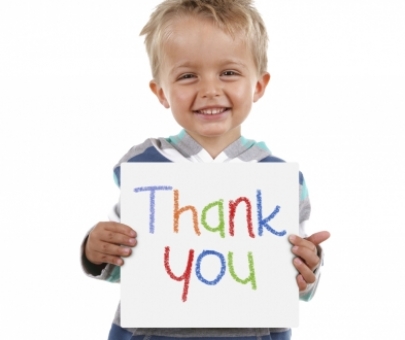
"Say thank-you" - The Gift of Gratitude
-
- Secure and Calm
- Gets Along with Others
- Alert and Engaged
- Compassionate and Kind
- Solves Problems Peacefully
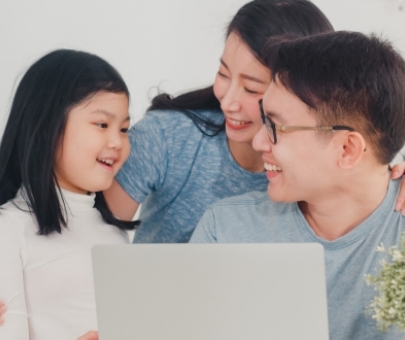
Strengths-Based Home Learning: Parents and Teachers Working Together
-
- Secure and Calm
- Gets Along with Others
- Alert and Engaged
- Compassionate and Kind
- Solves Problems Peacefully

5 Practices for Presence & Peace, Inspired by Neuroscience
-
- Secure and Calm
- Gets Along with Others
- Alert and Engaged
- Compassionate and Kind
- Solves Problems Peacefully
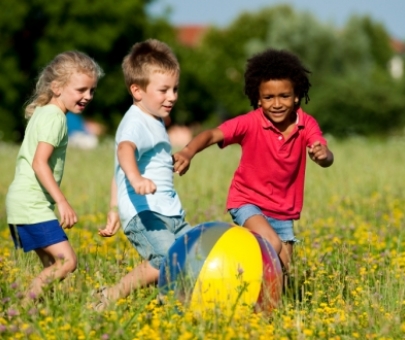
Play Outside
-
- Secure and Calm
- Gets Along with Others
- Alert and Engaged
- Compassionate and Kind
- Solves Problems Peacefully
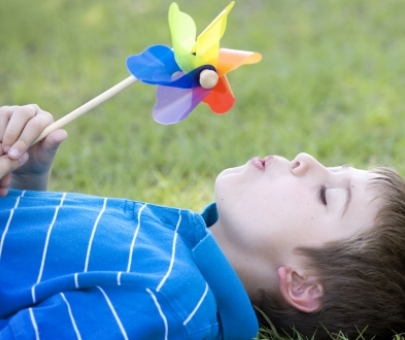
How to Breathe Mindfully
-
- Secure and Calm
- Gets Along with Others
- Alert and Engaged
- Compassionate and Kind
- Solves Problems Peacefully
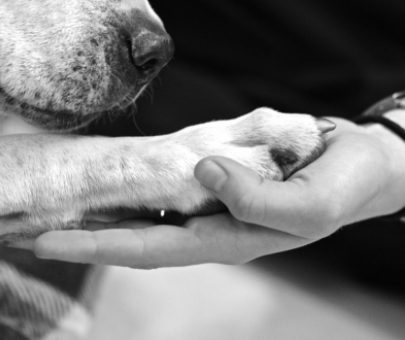
Animals as Human Connectors
-
- Secure and Calm
- Gets Along with Others
- Alert and Engaged
- Compassionate and Kind
- Solves Problems Peacefully
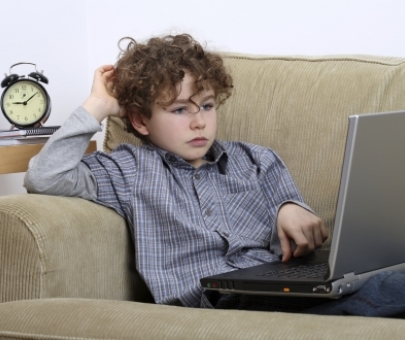
Creating a Family Screen Time Agreement the Heart-Mind Way